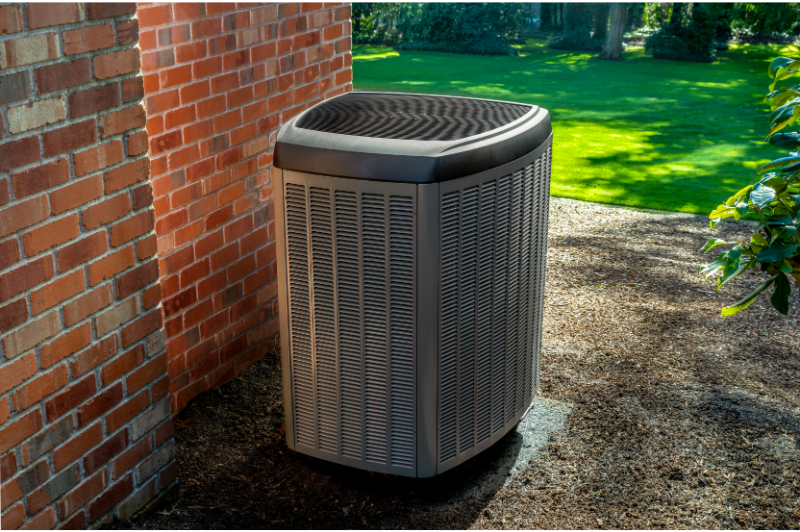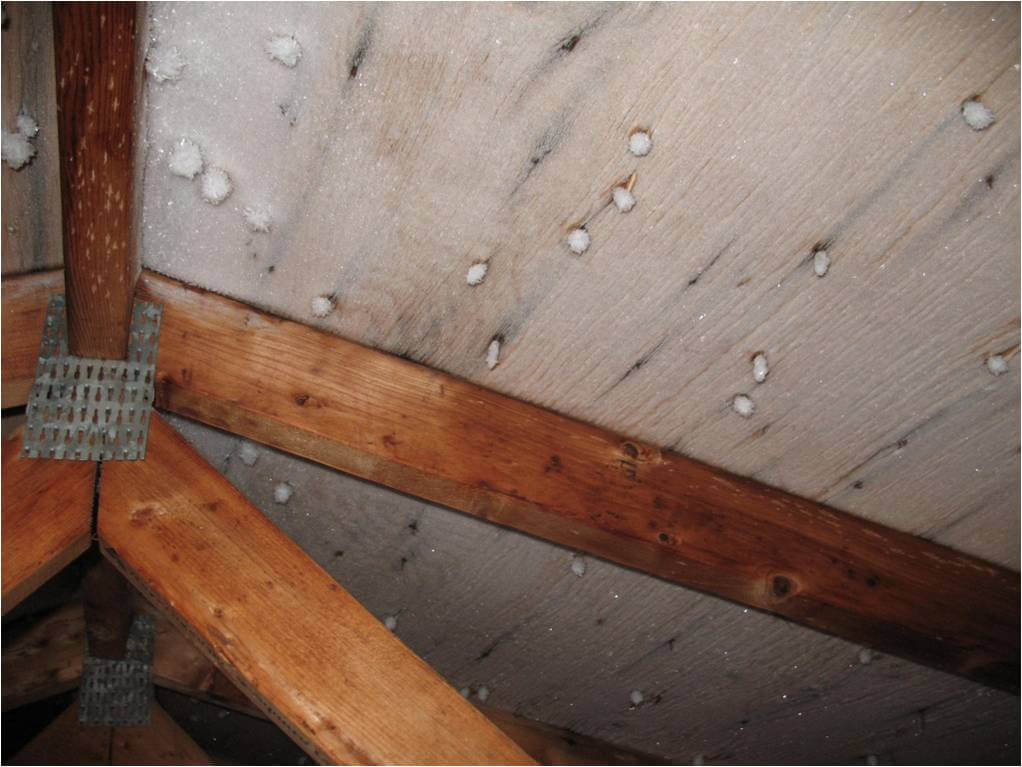According to a study by the University of Chalmers, 72 per cent of our attics…

Heat pump: how much power do you really need?
The warm season is finally at our doorstep and the memory of past heat waves makes you seriously consider having a heat pump installed. You do some research on the internet to find that there are quite more things to consider than you first thought. And it would seem that financial assistance would be available for the installation of an ENERGY STAR device? See our article and learn how to choose the right heat pump model to meet the specific needs of your home.
When choosing a heat pump model, it is important to determine the power required to adequately meet your heating and cooling needs. Why? To give the appliance the chance to bring you the comfort you are looking for. You see, in summer when you use the air conditioning, your heat pump operates in two ways on your comfort. First, it dries the air in your home by allowing moisture to condense and drain through a small drainage pipe. At that point, even if the air temperature is not yet very cold, you are already more comfortable because your environment is drier. Simultaneously, throughout its operation, it will lower the temperature of the air to the point that will satisfy you. You will have a fresh and dry interior air. But problem can arise when the power of the heat pump, that is to say its ability to cool the air, is not suited to your housing.
Let us illustrate this with an exaggeration. Imagine that you are installing the Olympic Stadium’s heat pump system on your home. When it starts up, this powerful heat pump will cool the air very quickly. Within a few seconds, the air temperature will decrease from 28oC to 23oC. On the other hand, its running time will have been so short that it will not have had time to dry the ambient air of its humidity. As a result, you will feel enormous discomfort due to the cold, damp air that surrounds you. And since the purchase price of a heat pump varies depending on its power, you will have spent too much money compared to the real need of your home. On the other hand, if you install your residential heat pump on the stadium, its power will not be sufficient to cool the indoor air in summer and heat it during the winter. It will again go from discomfort and expense to unnecessary purchase.
It is therefore as much for the sake of economy as for comfort that it’s important to determine your heating and air conditioning needs in order to choose the device best suited to your home.
According to Natural Resources Canada (NRCan), heating and cooling loads should be determined using CSA-F280-FM90: Determining the Required Power of Residential Heating and Cooling Appliances. This standard requires taking into consideration all the characteristics of the house, including its size, insulation, air leaks, sunshine, etc. to determine how much heat the building will lose in winter and gain in summer.
Although the heat pump can be sized to meet the heating needs of a home, this is not the ideal solution. In our cold country, the heating requirements are more important than those of air conditioning. If our heat pump had the capacity to perfectly heat our home in winter, it would be too powerful compared to cooling needs in the summer. We would find ourselves, like in previous our example, with a device too powerful that would inadequately dehumidify the house in the summer.
To choose the right power of our heat pump, Natural Resources Canada states that this power should be calculated to meet 125% of air conditioning needs. For example, if the standard calculation reveals that to remain comfortable in the summer, the need for air conditioning is 20,000 Btu / h, one can install a heat pump offering up to 25,000 Btu / h. A heat pump that meets this criterion can provide 80% to 90% of the annual heating load, depending on the climatic conditions in the area. This solution offers you the best combination of cost and seasonal performance. Also note that it is possible to have heat pumps with 2-speed compressors, which allows power changes according to the needs of heating or air conditioning.
NRCan has produced a very interesting document that deals very well with the issue of heat pumps. We invite you to read this document, which you can read and download by clicking here. Although somewhat technical, this document answers a great majority of questions on the subject.
Generally, heating and air conditioning contractors will use generic charters that give them an idea of the power of the heat pump to install. These charters usually give an adequate result that should not cause discomfort to the occupants. However, if you doubt the power of the heat pump to install and would like to have a more precise opinion, Legault-Dubois will be happy to carry out a load calculation according to the current standard. Contact us for more information.
Finally, know that Legault-Dubois is here to answer all your needs for inspection and building expertise. It you are facing problems with your home or if you have doubts about a particular element, take advantage of the advice of our experts on site or use our new hotline service for only $2 a minute.


